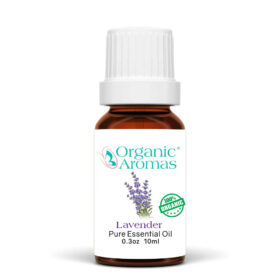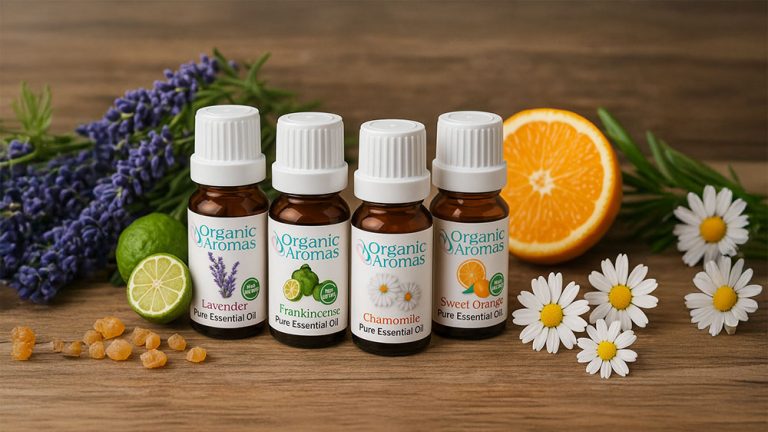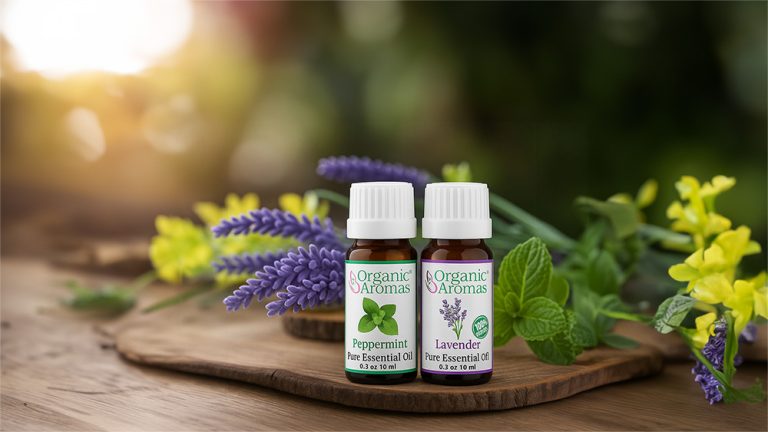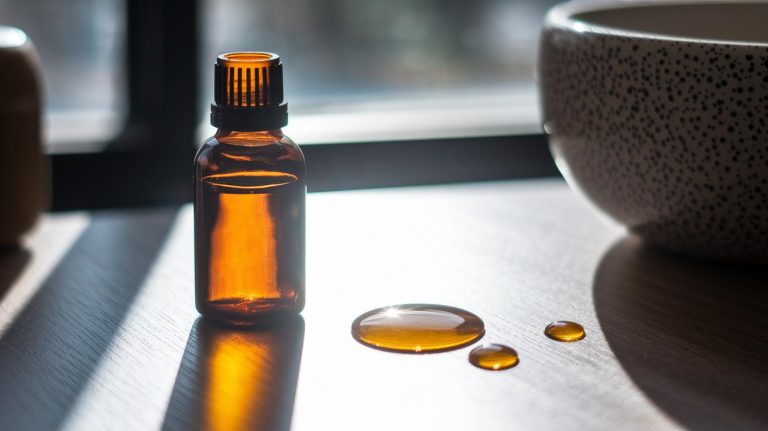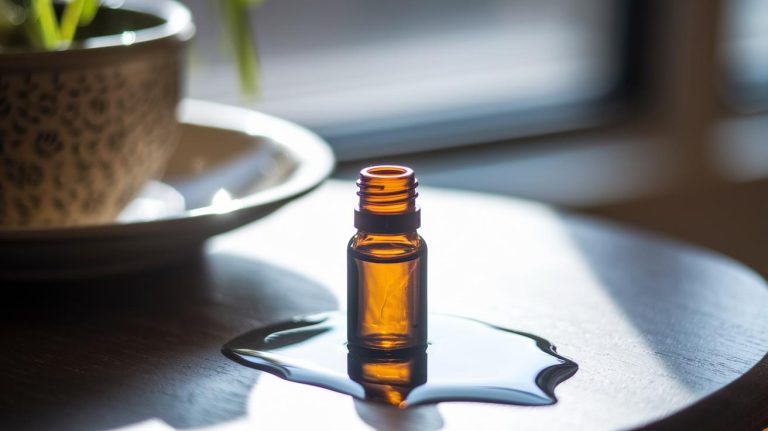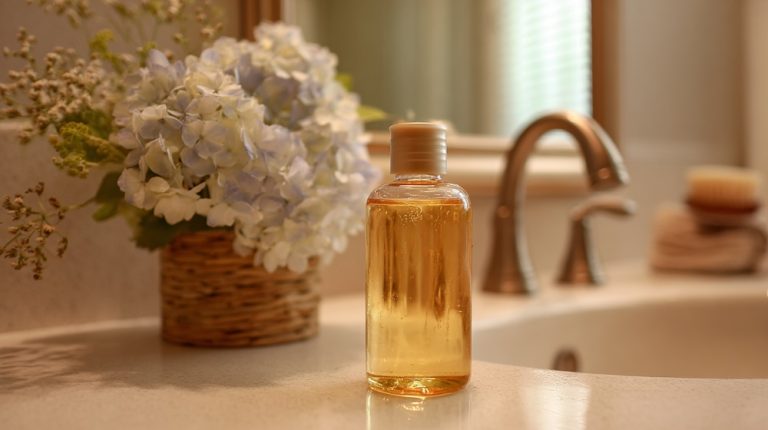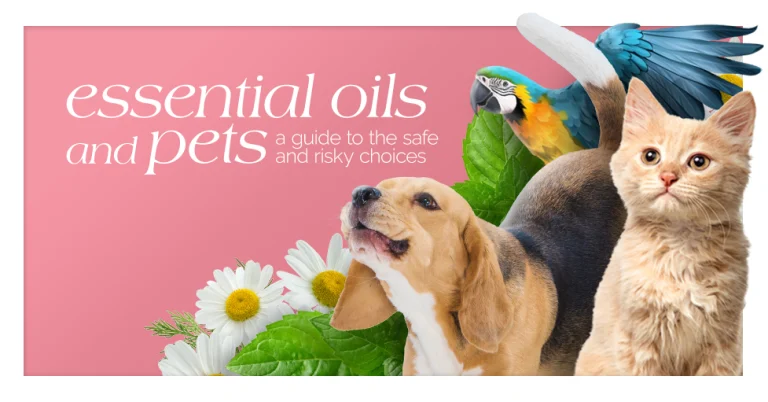Essential Oils Can Put Babies’ Health at Risk, Experts Warn
Are Essential Oils Safe for Babies?
Parents often search for natural approaches that seem gentle yet effective. Plant-based aromatherapy oils have gained popularity because of their soothing aromas and perceived health perks. Still, their concentrated plant extracts raise questions about safety when babies are involved. New data and expert opinion suggest that even small amounts of these oils can have an amplified effect on tiny, growing bodies.
Why Babies React Differently to Essential Oils
Babies differ from adults in several key ways: their skin is thinner and more permeable, their airways are still maturing, and their liver and kidney functions are not fully developed. That combination means a higher absorption rate of oil compounds and reduced ability to clear them from the body. In practical terms, a dilution that seems gentle for a parent could overwhelm an infant’s system. Experts warn that even diluted plant extracts require careful handling when babies are nearby.
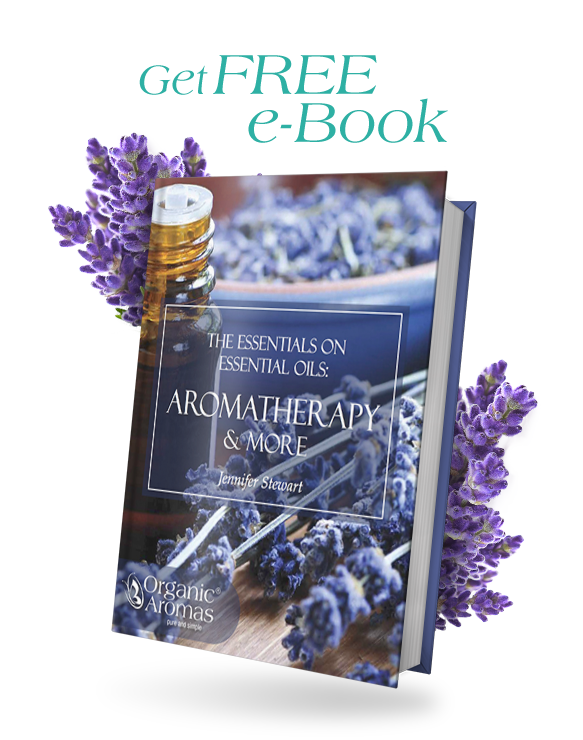
Sign Up to Get Your FREE
e-Book Here…
The Role of Scent in Baby Bonding
Scent plays a central role in early bonding. Newborns learn to identify and find comfort in their mother’s natural body odor and the aroma of breastmilk. A landmark study titled “The calming effect of a maternal breast milk odor on the human newborn infant” showed that these familiar smells support feeding, stability in heart rate, and emotional calm. Introducing strong or unfamiliar fragrances, including aromatherapy oils, may confuse an infant’s senses and interfere with that natural attachment process.
Metabolism and Skin Sensitivity in Babies
A developing metabolism cannot break down concentrated molecules as effectively as an adult body. Even minor exposure can trigger unwanted events, from skin redness and rashes to coughing, wheezing, or more severe breathing distress. In rare situations, toxic reactions may occur when an infant’s organs struggle to process the compounds.
When Is It Safe to Use Oils on a Baby’s Skin?
A newborn’s skin remains especially delicate until about three months of age. At that stage, applying any amount of a plant extract can lead to rapid absorption. A common guideline is straightforward: no direct topical use before three months, then very mild dilution for older babies.
Topical Guidelines for Babies
- Under three months: do not apply any aromatherapy oil blends on the skin.
- Between three and 24 months: limit dilution to a maximum of 0.25% (roughly one drop per four teaspoons of a neutral carrier oil).
- Apply only to the back or soles of the feet. Avoid the face, chest, and hands.
Essential Oils and Breastfeeding
When a nursing parent uses these oils, components can pass into breastmilk. Aromatherapy researcher Robert Tisserand estimates that about one percent of a topical dose may transfer through milk. Oils rich in certain compounds have stronger warnings. For example, those high in 1,8-cineole (Eucalyptus, Ravintsara) or menthol (Peppermint) have been linked to breathing difficulties and neurologic effects in babies.
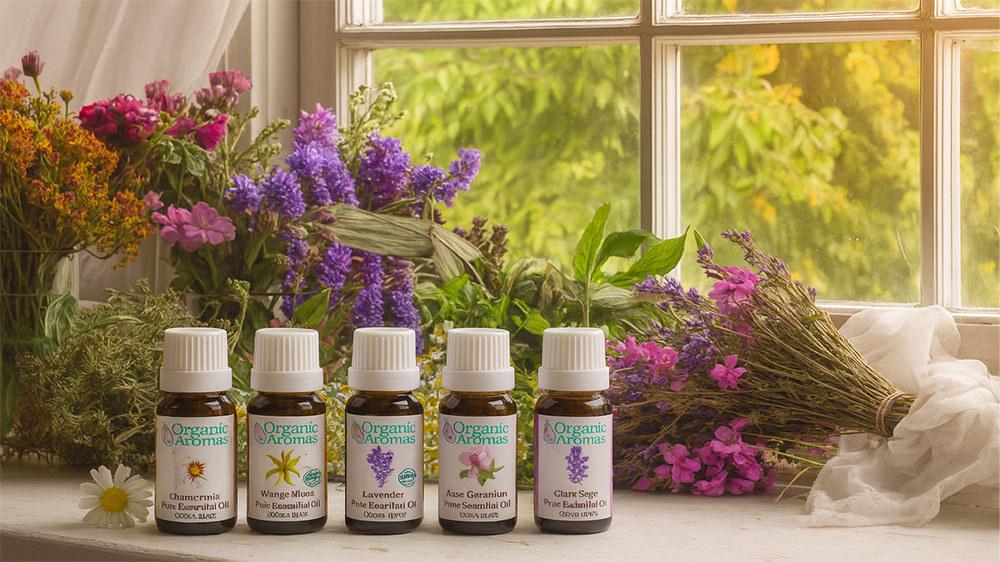
Can Essential Oils Help Babies in Medical Settings?
Clinical observations suggest some gentle, low-strength aromatherapy applications may benefit babies under supervision:
- A patch infused with Lavender and Roman Chamomile shortened hospital stays by an average of 6.4 days for newborns undergoing treatment for neonatal abstinence syndrome.
- Controlled diffusion of Lavender during routine vaccinations reduced observable pain responses.
- A light massage using diluted Lavender oil eased colic symptoms in several small trials. These were done by trained personnel or under medical oversight.
Safe Practices When Using Oils Around Babies
Key practices for safe use around babies emphasize moderation:
- Wait until at least three months before any skin application.
- Keep dilutions between 0.1% and 0.25% for babies aged three to 24 months.
- Diffuse only by passive means, and limit active diffusion sessions to five to ten minutes in a space with fresh air exchange.
- Select blends clearly marked “OK For Kids” or those vetted by pediatric aromatherapy resources.
- Test a tiny spot of diluted oil on the leg or arm before wider application.
- Consult a pediatrician before adding plant-derived oil treatments.
- Avoid introducing these substances around babies who have breathing disorders or other health conditions without professional guidance.
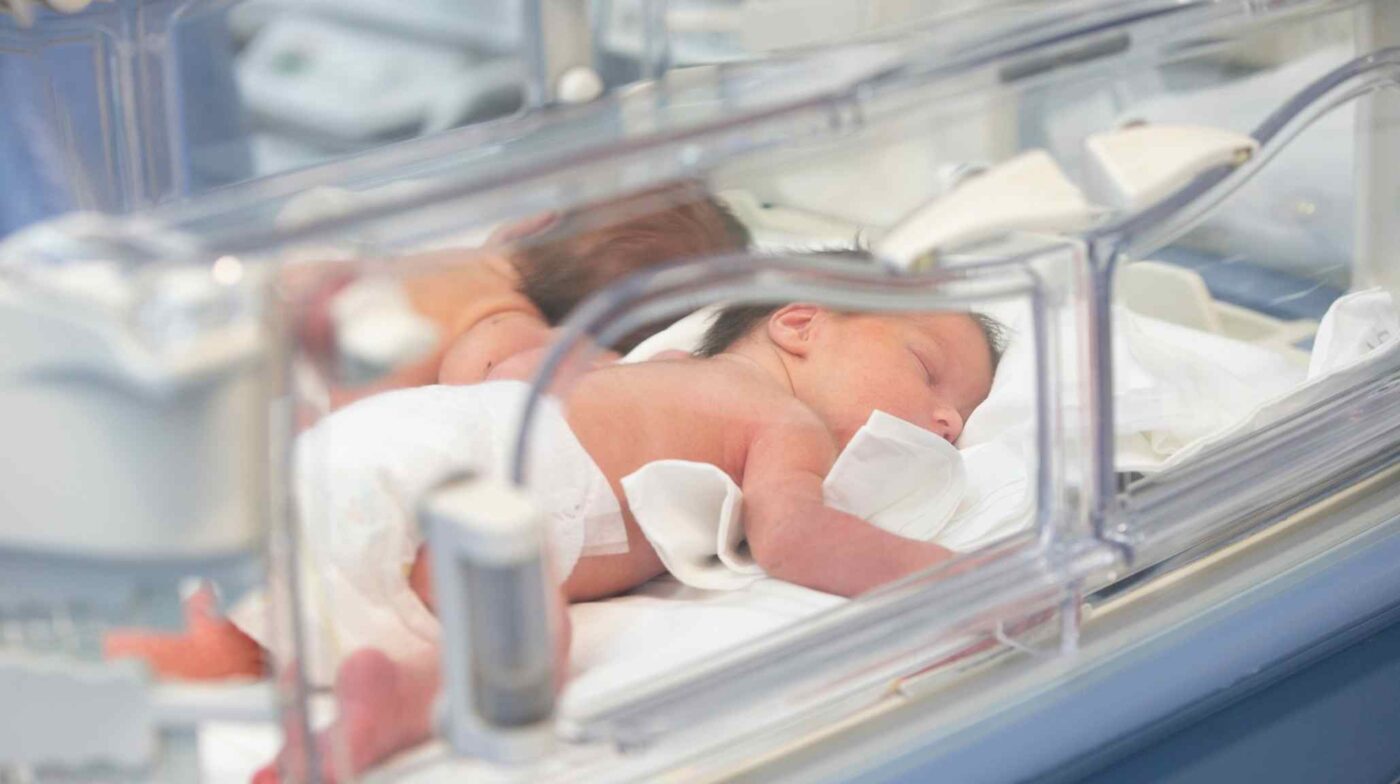
Choosing the Right Diffuser for Babies
There are two primary ways to disperse fragrance: passive diffusers, such as reed sticks or pads that release scent slowly, and active machines that use fans, heat, ultrasonic pulses, or nebulizing diffusers. Passive devices tend to emit lower concentrations over a longer period, making them a safer option for babies. If an active unit is needed, run it for no more than five to ten minutes at a time and keep the room well ventilated by opening a door or window.
Warning About Nebulizing Diffusers
A nebulizing diffuser can emit very strong, pure essential oil aromas in the environment. This can be too strong for an infant. You should avoid this. Please be aware that exposing a very young baby to the strong aroma of a nebulizing diffuser could be harmful. Be cautious, careful, and aware of your environment when using your nebulizing diffuser and essential oils in general!
Is Lavender Safe for Babies?
Parent queries often focus on Lavender. One expert reply states:
A: Yes, when following safe guidelines, Lavender (Lavandula angustifolia) is one of the safest essential oils for babies. It can help promote sleep, reduce anxiety, and soothe skin irritations. Use only in low dilutions and consult your pediatrician.
Lavender Essential Oil 100% Pure Organic
Studies
- The calming effect of a maternal breast milk odor on the human newborn infant. https://pubmed.ncbi.nlm.nih.gov/19010360/
- Use of Camphor and Essential Oil Balms for babies in Cambodia. https://pmc.ncbi.nlm.nih.gov/articles/PMC5301968/
- Peppermint and Eucalyptus for children. https://tisserandinstitute.org/learn-more/kids-inhalation-safety/
- Addicted from Birth. https://tisserandinstitute.org/addicted-from-birth/
- The effectiveness of aromatherapy massage using lavender oil as a treatment for infantile colic. https://pubmed.ncbi.nlm.nih.gov/22435980/


